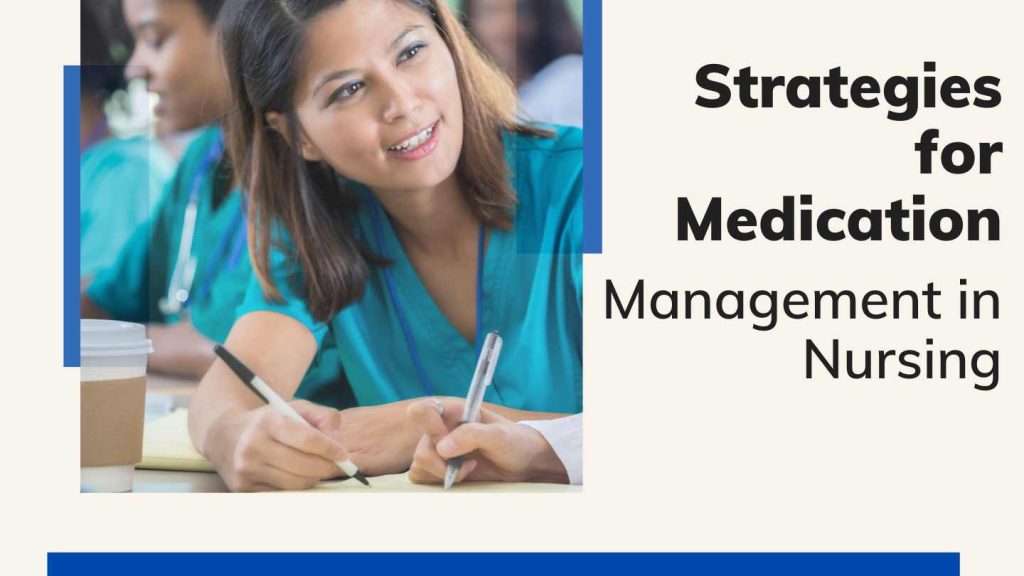- Oak Brook:(630) 705-9999
- Chicago:(312) 920-8822
- Email:inquiry@vervecollege.edu
- Make a Payment
- Home
- Programs
- Admission
- Resources
- ATI Entrance Exam Resources
- New E-Digital Library
- Refer a Friend
- School Newsletter
- Events
- Employers
- Job-Network
- Alpha Beta Kappa Candidates
- Verve College Library
- Graduation and Pinning Ceremony Photo Galleries
- Textbook Information
- Career Services
- Tutoring
- School Catalog
- FAQ
- Constitution Day Program
- Alumni
- Verve College Plans
- Financial Aid
- HEERF Reporting
- Satisfactory Academic Progress
- Apply For Financial Aid
- Net Price Calculator
- Return of Title IV Funds (R2T4)
- Financial Aid Office Code of Conduct
- Contact
- FAQs
- Verification Policy
- Vaccination Policy
- Student Right-to-Know Act
- Misrepresentation
- Information Security Program
- Academic Award Year
- Availability of Employee
- Cost of Attendance
- Health & Safety Exemption Requirement
- Students Rights and Responsibilities
- Leave of Absence
- Pell Formula
- Military Students
- Grants/ Scholarship Policy
- Contact Us
- Testimonials
- Blog
Is a Nursing Career Right For You?
Take The Free Quiz
Strategies for Medication Management in Nursing
Strategies for Medication Management in Nursing
In order to become a licensed practical nurse for practical experience & implement the best nursing care plan for medication management, it is important that each medication be recorded with its name, dosage, frequency, and time of admission. This is a national initiative to promote positive outcomes. Evidence suggests that medication that is insufficiently reviewed in practical nursing contributes to pharmaceutical mistakes in clinical settings.
Adverse outcomes can occur from some medication errors. To comply with Joint Commission 2019 National Patient Safety Goal # 3 – NPSG 0306.01, physicians and healthcare professionals are required to obtain a list of all medications from patients upon admission.
Nursing Medication Management
Clinicians are in charge of prescribing prescriptions—information in the electronic health record. Vocational nurses having critical thinking skills can get a description and indication of the drug if the patient is unable to give the name. For example, a pink tablet every day for blood thinner. Patients or their family members should be told to bring the medication in its original pharmacy-dispensed container.
It is against the scope of practice for professional nurses to prepare medicine compounds. For more information, please contact the pharmacy at your clinical facilities. Physicians can re-create medications based on the manufacturer’s or pharmacy’s guidelines. Nurses who follow directions promote the professional nursing care plan for medication management.
Healthcare teams don’t do a medication reconciliation process but instead, add information to a clinical database. This is done for safety purposes and cross-referencing. To avoid pharmacological overlap or harm, nurses should teach patients or take education courses to study how to store medications while they are under medical care.
In residential care facilities, the main caregiver must secure and return all home medications to the patient in accordance with the instructions for discharge. A medical provider must, therefore, approve the administration of home medications in a variety of health care settings. To avoid medication errors, nurses should check all orders for medication and use critical thinking when administering medication. Polypharmacy may also contribute to falls.
Medication Safety
To err, unfortunately, is part of being human. The Institute of Medicine states that nurses are the last to verify medication before it is administered. Prudence during the administration of medication is, therefore, essential. During my nursing career, I caught many medication mistakes. Vocational nursing vigilance is a way to prevent negative outcomes and improve medication management.
Related:- 5 Easy Patient Engagement Strategies
To prevent mistakes, I verify that the medication was removed from the dispenser last or that someone has signed for it. The guidelines of the agency should be followed by nurses when reviewing medication for patient care that needs medicinal laboratory screening, such as Coumadin or Heparin in health care facilities. Patient education is also necessary taught by nurses on all new medications, including their indications, and adverse effects, including unfavorable feelings.
Nursing Care Plan for Medication Management
- Patient Identification – Validate the patient’s identity by using two identifiers in accordance with the facility’s protocol. (NPSG.01.01.01).
- Verify the medication order by using six to eight medication rights: The proper pharmaceuticals, cautious method, dose, timing, sign, and reaction.
- Proper medication, approach, quantity, timing, symptom, and reaction. Avoid distractions during medication administration.
- Check high-alert medication with another nurse, such as insulin, heparin, or controlled substances.
- Get the right personal protective equipment PPE
- Antineoplastic drugs (and other classifications)
- Please follow the manufacturer’s or pharmacy’s instructions. Keep out of the light and refrigerate.
- Use approved disposal for pharmaceutical waste. Smart sinks, black bins, yellow bins, etc.
- Inform the patient about the medication.
- Document the response of patients and monitor their responses & check health status in nursing homes.
- (pain reassessment). Re-evaluate the patient’s symptoms like high blood pressure in order to determine the effectiveness of the treatment according to the standard set by the organization in a variety of settings. (pain reassessment)
Want to Make a Career in Nursing? Get More Information About Our Courses!
Begin Your Career as a Medical Assistant
It is a basic skill that all medical assistants who are interested in gaining clinical experience should learn. This is also a crucial clinical practice for many assessments and techniques.
Consider: It is important to distribute medication correctly in order to minimize side effects, reduce pain, and assist patients in recovering. A wrong dosage can be disastrous. Verve College (community college) has practical nursing programs & night and weekend nursing programs with prerequisite courses for acquiring clinical skills.
To discover more about our LPN program in a variety of healthcare settings, contact us today. Take the first steps for evidence-based practice for making a rewarding career in health care.
 Sign up
Sign up Login
Login




